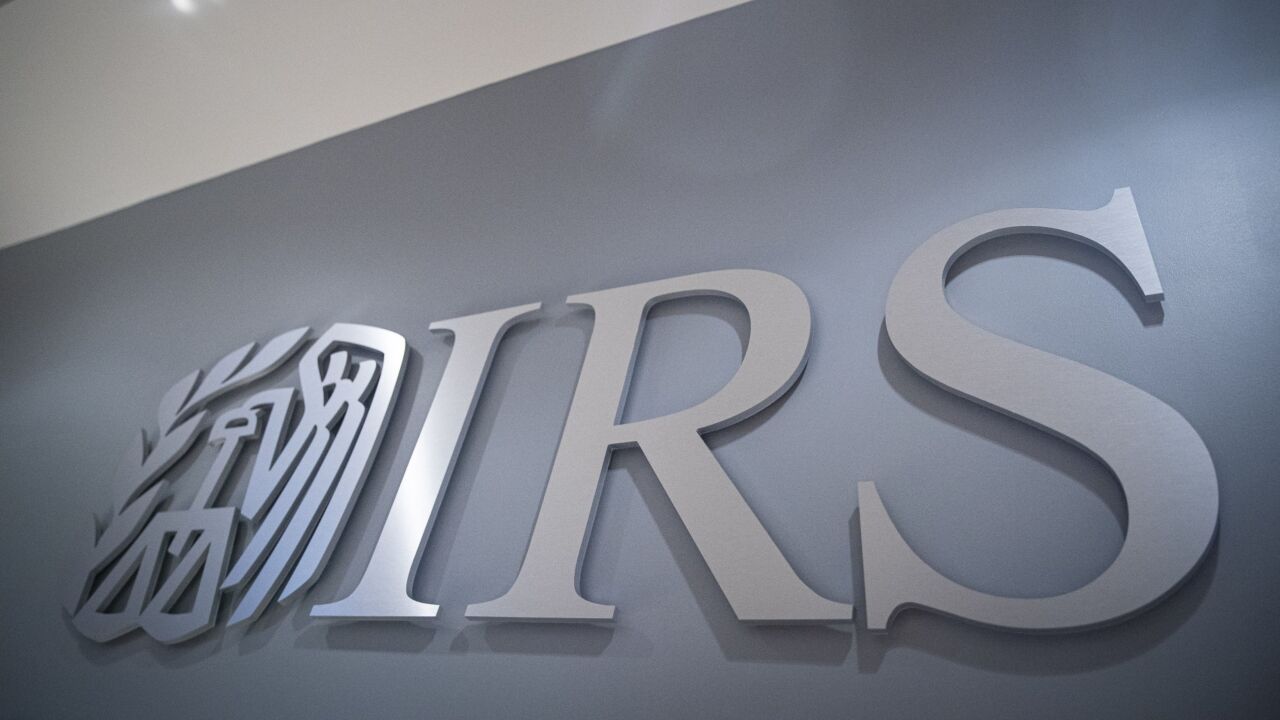The American Institute of CPAs sent a letter to the Internal Revenue Service urging the IRS not to merge its Office of Professional Responsibility with its Return Preparer Office, saying the combination would lead to confusion.
The Trump administration has been steadily downsizing the federal government since taking office this year, initially through the Department of Government Efficiency, or U.S. DOGE Service, that was led by Elon Musk until his
In a letter to the leaders of the IRS Office of Professional Responsibility and the Return Preparer Office, the AICPA argued that combining OPR and RPO would hurt taxpayers: "The AICPA strongly opposes any effort to combine OPR and RPO because it would inappropriately consolidate credentialed and uncredentialed return preparers under OPR, create potential conflicts of interest, and divert resources from the primary role of OPR," wrote AICPA Tax Executive Committee chair Cheri Freeh in a
Freeh noted that OPR has the exclusive delegated authority to interpret and enforce the regulations in the Treasury Department's Circular 230 rules, which govern tax practitioners interacting with the tax administration system. OPR's responsibilities include investigating referrals of alleged misconduct, instituting disciplinary proceedings, and exercising disciplinary authority for violations of Circular 230. RPO administers the Preparer Tax Identification Number program, manages the enrolled agent practitioner program, encourages enrollment in the Annual Filing Season Program, and processes some complaints against return preparers.
"RPO's responsibilities are compliance focused, while OPR's responsibilities are supervisory and regulatory," Freeh wrote. "The two offices perform dissimilar government functions, oversee different types of preparers, and, therefore, should remain separate to avoid potential conflicts of interest."
The AICPA contended that combining OPR and RPO would divert resources and hinder OPR's ability to enforce professional standards and maintain the integrity of tax professionals.
"Furthermore, the potential combination of OPR and RPO could undermine the credibility of OPR's objective to enforce professional standards by integrating the processing of complaints against return preparers with the enforcement function and by collapsing the application process for enrolled agents and OPR's separate appellate authority for enrollment appeals," Freeh added.
The AICPA also wants to safeguard the role of CPAs and avoid confusing the public with tax preparers who lack credentials and continuing education requirements.
"Uncredentialed preparers need only to obtain a PTIN to engage in federal tax return preparation," said Freeh. "The different qualifications and practice rights of tax return preparers can confuse taxpayers. Combining OPR and RPO would significantly increase that confusion and would cause harm to taxpayers. A combined OPR unit would give the dangerous and false impression to taxpayers that all return preparers have the authority to practice before the IRS and are subject to the standards of conduct under Circular 230. This would blur the public's ability to perceive the distinction between credentialed, uncredentialed, and unenrolled preparers."
The AICPA warned that with a combined OPR unit, "unscrupulous and incompetent preparers could readily misrepresent that they are subject to ethical obligations overseen by the 'Office of Professional Responsibility,' which would give such preparers a foothold to abuse taxpayers and undermine public trust and accountability in the tax profession," said Freeh. "These negative effects of a combined OPR unit could have the unintended consequence of diluting the credibility and public benefit of credentialed preparers' licensures and diminishing the professional standards adhered to by credentialed preparers, which would harm our entire tax system without providing any corresponding benefit."
The AICPA is coming out firmly against combining the units. "In summary, the AICPA strongly opposes the consolidation of OPR and RPO because the negative consequences to our tax system eclipse any nominal efficiencies arising from a combined OPR unit," Freeh wrote. "Ultimately, now is not the time to reorganize these two units."






